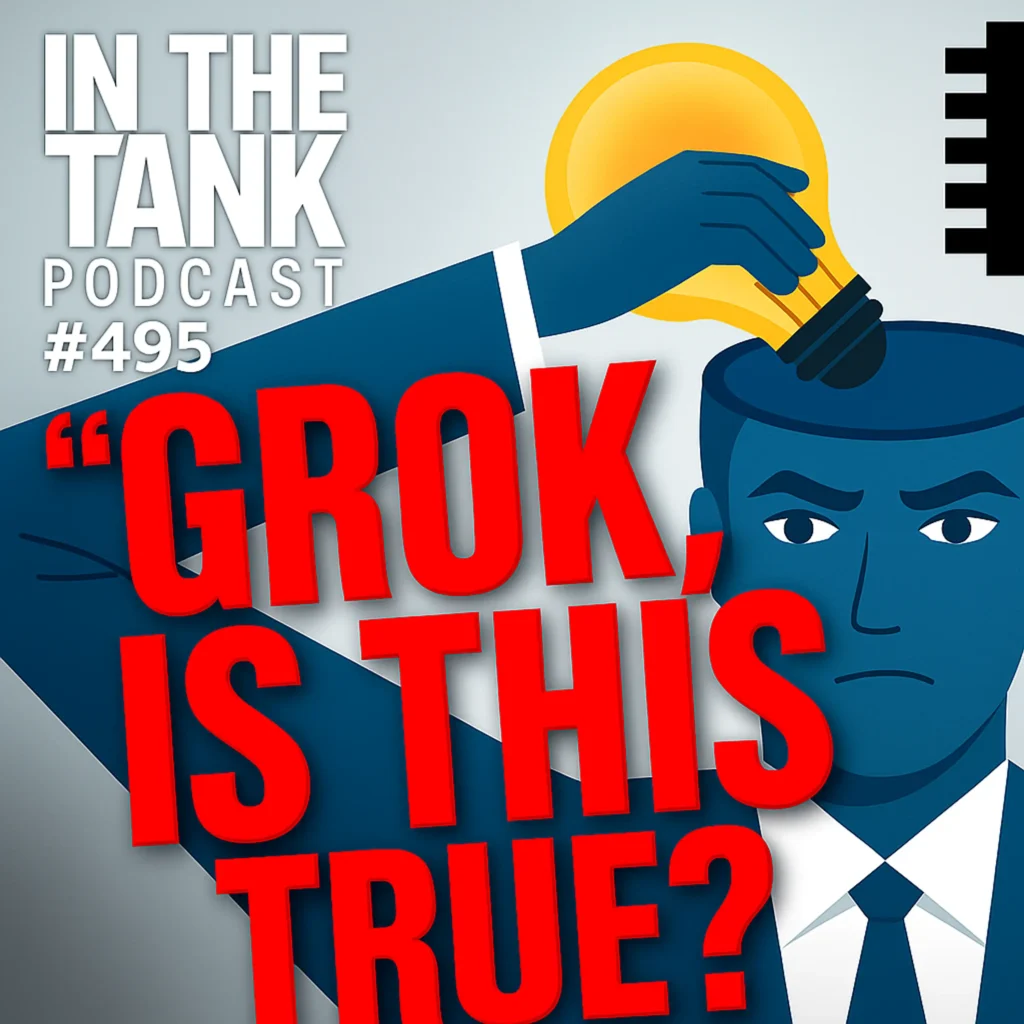About one year after abandoning a plan to create an automated national database tracking automobile owners’ license plate data and location, the U.S. Department of Homeland Security is renewing its effort to create the program, soliciting bids from private surveillance companies to facilitate the creation of the registry.
This national license-plate database technology, once activated, would log the time and place license plates were spotted by cameras, allowing the government to track drivers’ locations and habits.
Huge Private Databases
Jennifer Lynch, a senior attorney for the Electronic Frontier Foundation, says the Department of Homeland Security (DHS) is trying to gain access to private companies’ existing databases.
“Private companies have been collecting license plate data for several years now,” Lynch said. “There are two companies: Vigilant Solutions, a subsidiary of DRN, and another called MVTrac. Vigilant publicly admits that they have a database of about 1.2 billion license plate scans, and of course it’s not just the number, it’s also the time, date, and location in which it is collected, as well as a photograph of the car and possibly occupants of the vehicle.”
Evading Privacy Protections
Lynch says the government uses private companies to get around legal protections of people’s privacy.
“Vigilant Solutions also develops tools for law enforcement agencies around the country and offered to hold on to the data so the agency doesn’t have to create its own database, have its own servers, and be responsible for protecting the security of the data,” Lynch said. “In exchange for that, Vigilant is combining all of its law enforcement data with all of its private data, and giving law enforcement officers in each individual municipality access to all of that data.
“I think it’s very concerning that we don’t know too much about how DHS would have access to this information since the database allows you to search for the location of any license plate you are trying to target, maybe from a particular political group, or maybe you are trying to track a reporter, and it will tell you everywhere that vehicle has been photographed,” said Lynch.
‘Scooping Up Info’
Privacy consultant and former Electronic Privacy Information Center Senior Counsel Melissa Ngo says such agreements between the government and surveillance companies are “alarming.”
“It’s alarming that one company said they gathered about three million records a day, scooping up info to sell to other companies and possibly the government,” Ngo said. “This is personal information about where you’ve been and where you’re likely go to, because most of us have set patterns for work, school, and home life.”
Jen Kuznicki ([email protected]) writes from Hawks, Michigan.
Internet Info:
Christopher Slobogin, “Government Data Mining and the Fourth Amendment,” University of Chicago Law Review: https://heartland.org/policy-documents/government-data-mining-and-fourth-amendment/




